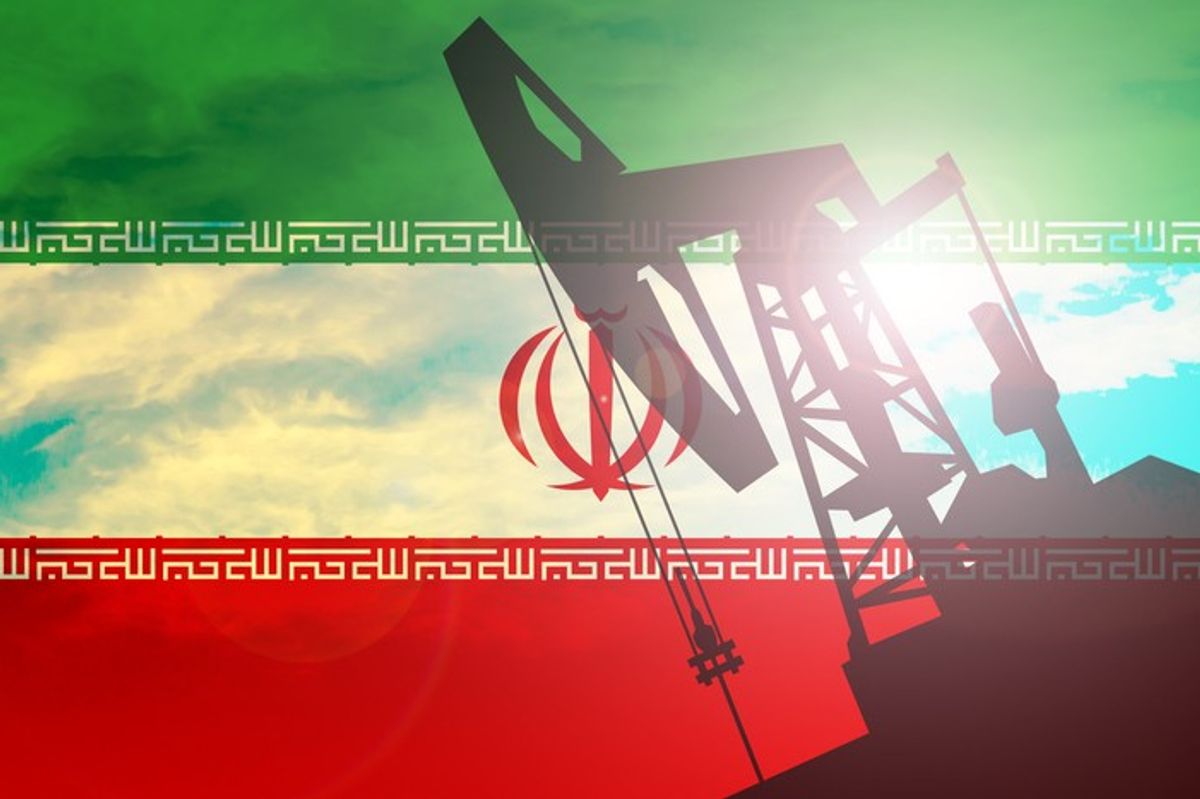Egypt’s latest cabinet reshuffle, which Cairo announced last Wednesday, caught many observers both within and outside Egypt by surprise. But given that four of the ten new ministers hold portfolios that are critical to economic development and investment, the reshuffle likely reflects President Abdel Fatah al-Sisi’s implicit recognition that Egypt’s economy is failing, and that a new set of policy eyes are required to resuscitate it.
Indeed, Egypt’s economy is in dire straits. As Prime Minister Sherif Ismail detailed in a 205-page policy statement on Sunday, Egypt’s unemployment rate has climbed from nine percent in 2009/2010 to 13.3 percent in the current fiscal year, and while its population has grown from 77 million to 90 million within the same timeframe, economic growth has slowed. Food and fuel subsidy costs nearly doubled from 2009 to 2014, and military spending has increased to address new security threats, while tourism and Suez Canal revenue have declined. Inflation has also skyrocketed: the Central Bank devalued the Egyptian pound by nearly thirteen percent earlier this month, but black market currency sales indicate that the pound is still overvalued, and prices have increased as a result.
While most of these challenges aren’t new, the Egyptian government’s open recognition of them is nonetheless significant, and contrasts starkly with the optimistic mood of the Sharm el-Sheikh investment conference that President Sisi hosted only a year ago. Moreover, Sisi deserves credit for assembling a team of well-regarded ministers to steer Egypt’s economic policy. Incoming Investment Minister Dalia Khorshed has served as an executive at Citibank and Orascom Construction Industries, which is Egypt’s leading construction firm. The new minister of finance, Amr El Garhy, served as an executive at Qalaa Holdings, El-Ahli Bank of Qatar, and EFG Hermes. Incoming Minister of Tourism Mohamed Yehia Rashed worked as an Marriott executive in the United States, Europe and Africa, and later served as the chief leading officer for Al Kharafi Group for Tourism. And incoming Business Sector Minister Ashraf El-Sharqawy, who will oversee public sector companies, is a former financial markets regulator who oversaw the reopening of Egypt’s stock market following the 2011 uprising.
Yet even with these impressive qualifications, the new cabinet’s success ultimately hinges on three factors. First, will Sisi accept the political risks of enacting further economic reform? As Prime Minister Sherif noted earlier this week, state salaries and subsidies now comprise 75 percent of the government’s allocations – but reforming either of these things might spark protests from Egyptians due to rises in prices or reductions in wages. While President Sisi appeared willing to accept these risks when he reformed fuel subsidies during the first weeks of his presidency in 2014, the government’s intensified crackdown on oppositionists in recent months suggests that it fears another uprising, and this could put further reform on ice. And given that the Egyptian military remains Sisi’s key base of support, he is especially unlikely to accept any reforms that would undercut the military’s economic interests.
Second, can the Egyptian government improve the country’s security outlook, which is vital for attracting investments and tourists? While Egypt has confronted a host of security challenges in recent years, including jihadi insurgencies from its west in Libya and in its east in Sinai, two incidents in the past six months have been particularly damaging to Egypt’s reputation abroad. Following the downing of a Russian jet over the Sinai in October, Britain and Russia halted flights to Egypt. And in response to the torturing and killing of an Italian student in Cairo in January, the European Parliament called for a “comprehensive review of [The European Union’s] relations with Egypt.” The regularity of these types of incidents — and the Egyptian government’s tendency to deflect responsibility for them — will keep international firms and visitors away from Egypt.
Third, will the new ministers feel sufficiently secure in their jobs to implement an ambitious economic program? In recent months, the Egyptian government has displayed a tendency to eat its own. Former Agriculture Minister Salah Helal was charged with corruption only a day after his resignation in September; former Justice Minister Ahmed el-Zend fled the country to Abu Dhabi immediately after resigning his post earlier this month; and a warrant was reportedly issued for former chief auditor Hisham Geneina’s arrest after Sisi fired him earlier this week. These incidents have had a chilling effect on the Egyptian government, where ministers have preferred inaction to the risk of landing in prison, which is why the appointment of new – and highly qualified – ministers will not necessarily mean new policies.













